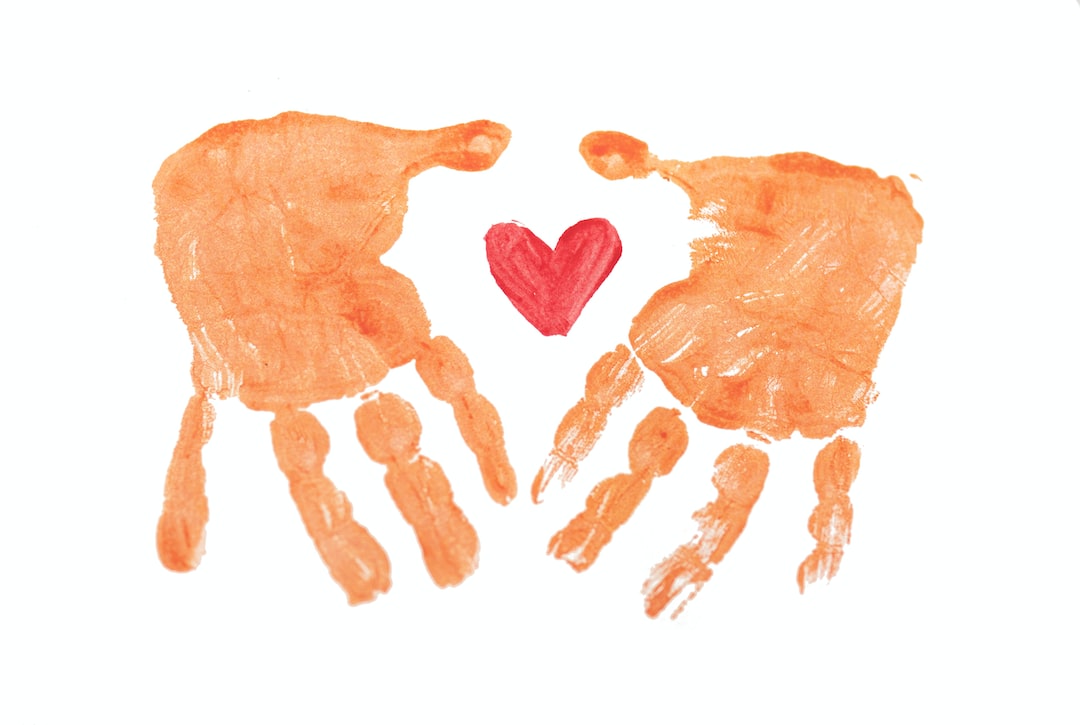Promoting gender equality in your community: Initiatives and success stories
Gender equality is a fundamental human right and is essential for the achievement of sustainable development. It refers to the equal rights, responsibilities, and opportunities of women and men, girls and boys, in all spheres of life. Unfortunately, despite significant progress in recent years, gender inequality remains a prevalent issue in many communities worldwide.
In order to promote gender equality and create a more inclusive society, it is essential for individuals and communities to take action. In this blog post, we will explore various initiatives and success stories that demonstrate how individuals and communities can effectively promote gender equality.
1. Promoting education and economic empowerment:
Equal access to education and economic opportunities is crucial in breaking the cycle of gender inequality. Many initiatives focus on promoting education for girls and providing scholarships to ensure access to quality education. A success story is the Malala Fund, founded by Nobel laureate Malala Yousafzai, which advocates for girls’ education and helps in creating opportunities for girls in developing countries.
Similarly, organizations like the Global Give Back Circle support girls from disadvantaged backgrounds by providing mentorship, financial support, and training programs to enhance their employability skills. By empowering girls with education and economic opportunities, these initiatives enable them to lead fulfilling lives and contribute positively to their communities.
2. Combatting gender-based violence:
Gender-based violence is a severe violation of human rights and a significant barrier to achieving gender equality. Several organizations and grassroots initiatives are working to combat gender-based violence by creating awareness, providing support services, and advocating for policy change.
One success story is the White Ribbon Campaign, which engages men and boys as allies in ending violence against women. Through education and awareness activities, this campaign challenges harmful gender norms and promotes healthy relationships based on respect and gender equality.
3. Engaging men and boys in the conversation:
Promoting gender equality requires the active involvement and support of men and boys. It is crucial to engage men and boys in challenging traditional gender roles and advocating for gender equality. The HeForShe campaign, launched by UN Women, is a notable initiative that promotes gender equality by encouraging men and boys to take action.
Through this campaign, men are encouraged to sign up as HeForShe advocates, pledging their commitment to gender equality. Success stories from the HeForShe campaign show how men have actively supported women’s rights by challenging stereotypes, promoting women’s leadership, and advocating for policy change.
4. Creating safe spaces for women:
Creating safe spaces for women is essential to ensuring their full participation in society. Initiatives such as women’s shelters, helplines, and community centers provide a safe haven for women experiencing violence or needing support.
One remarkable success story is the Gulabi Gang in India, a group of women who have come together to combat domestic violence and other crimes against women. With their distinctive pink sarees, these women have become a symbol of resistance and empowerment. The Gulabi Gang not only supports victims of violence but also actively confronts perpetrators, resulting in improved safety and security for women in their community.
5. Increasing women’s political representation:
Political decision-making is a crucial domain where women’s representation still lags behind. Initiatives that aim to increase women’s political representation contribute to more inclusive policies and decision-making processes.
Rwanda, for instance, has achieved remarkable success in increasing women’s representation in politics. Following the 1994 genocide, the Rwandan government introduced a quota system, mandating that at least 30% of parliamentary seats be reserved for women. Today, Rwanda has one of the highest percentages of women in politics globally, and this has had a significant impact on policies that promote gender equality.
In conclusion, promoting gender equality requires the collective effort of individuals and communities. The initiatives and success stories mentioned above serve as inspiration and demonstrate the positive changes that can be achieved. By promoting education and economic empowerment, combatting gender-based violence, engaging men and boys, creating safe spaces, and increasing women’s political representation, we can move closer to a more equal and inclusive society. It is time for each one of us to take action and contribute to promoting gender equality in our communities.

